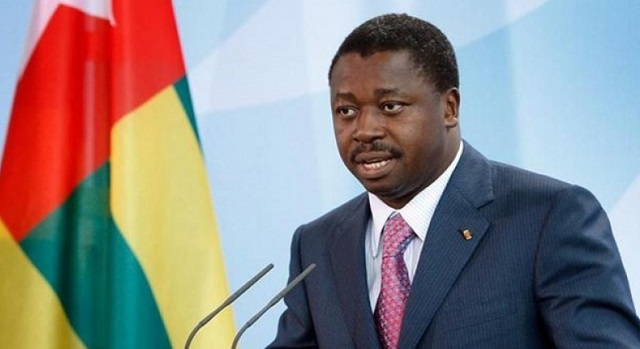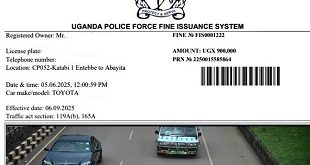
Lome, Togo | AFP | Afiwa Yogue sells material for a living in Togo’s capital, Lome, and is disillusioned with the West African country’s opposition leaders.
“We walked for months under the hot sun and sometimes in the rain, hoping to bring about the end of the regime,” the 34-year-old trader told AFP.
“But we were deceived, as the leaders of the opposition only fight among themselves. We’re tired of them.”
A coalition of 14 opposition parties came together more than 18 months ago to protest against the government of President Faure Gnassingbe.
In September and October 2017, there were huge marches on the streets of Lome and several other big cities in the north, calling for Gnassingbe to step down.
He has been in power since the death of his father in 2005. His father ruled Togo with an iron fist for 38 years.
But the size of the protests has dwindled and in the last two months there have been none. The last demonstration was on January 26 and few people turned out.
Seven of the 14 parties have since left the coalition, including the Panafrican National Party (PNP) of Tikpi Atchadam, the driving force behind the initial protests.
The National Alliance for Change (ANC) of opposition stalwart Jean-Pierre Fabre and the Action Committee for Renewal (CAR) of ex-premier Yawovi Agboyibo have followed.
They have complained about the direction the group was taking.
“Some think we need to restructure the coalition and give it a charter,” said PNP secretary-general Kossi Sama earlier this month.
“We don’t agree because that’s not what we need for the fight, it’s mass mobilisation.”
Fulbert Sassou Attisso, head of the Another Togo party, said there had been few positives about the campaign in the last 18 months.
“We are all to blame for this new setback,” he told AFP after his party left the coalition.
“But it’s down to the political culture of the Togolese opposition since the start of the fight (against the Gnassingbes) in 1990.”
– Lack of coherence –
Those left in the coalition on March 12 acknowledged the grouping’s failings, conceding it had “not achieved any of the objectives it set”.
“The development of the coalition has been marked by a lack of cohesion and confidence, with the result being unstructured action,” it assessed.
Togo’s opposition has been calling for constitutional reforms to reintroduce a two-term limit on presidents and the adoption of a two-round voting system at elections.
It also wants the release of all prisoners arrested during the wave of demonstrations. About 60 people are still being held.
The coalition has meanwhile been hit by a corruption scandal relating to a 30-million CFA franc ($50,000, 45,000-euro) donation.
One of the grouping’s leaders last week confirmed it had received the donation from a regional leader but insisted it was used for organising demonstrations.
Attah Hinnou, 44, runs a service-station in Lome. He said Togo’s opposition leaders only looked after themselves.
“The people got behind them again but they disappointed us again. Every time it’s the same thing: petty squabbles, mistrust, and so on,” he added.
Since moves began towards a more democratic political system in 1990, Togo’s opposition has often lacked a coherent strategy.
Attempts to field a single unified candidate have always failed just before presidential elections, leaving the door wide open for the Gnassingbe regime.
The opposition has also boycotted parliamentary elections, notably those in 2002, which allowed the government to amend the constitution in its favour.
“The boycott of the December 20 parliamentary elections last year caused consternation in the coalition,” said Edouard Baglo, a political scientist.
“The grouping’s leader are well aware they made a serious mistake, after months of struggle.
“The ruling party is totally comfortable in parliament with 59 deputies out of 91, not counting those of allied political parties.”
Throughout the process, opposition leaders condemned “irregularities” in the vote, even though African Union and ECOWAS observers said it was “free and fair”.
 The Independent Uganda: You get the Truth we Pay the Price
The Independent Uganda: You get the Truth we Pay the Price



